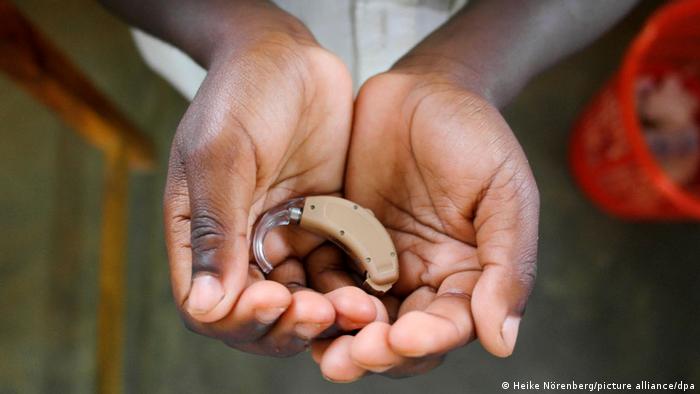GETTING a cancer diagnosis is always going to be distressing.
And catching cancerearly is one of the best ways of giving yourself the best chance of survival.
However some cancers, like pancreatic cancer, are notoriously hard to spot early on.
Pancreatic cancer has a tragically high death rate because around 90 per cent of people are diagnosed too late for surgery, which is the only cure.
Fewer than 10 per cent of people with the disease survive beyond five years of their diagnoses.
Experts have discovered three early warning signs of pancreatic cancer which could help medics diagnose the cancer three years earlier than they usually would.
The British researchers hope this will help save thousands more lives that would have otherwise been claimed by the disease.
The three early warning sign of deadly cancer include:
- Unexplained weight loss
- Hyperglycemia(high blood sugar)
- Diabetes
The pancreas is a vital organ with two key functions, to produce insulin and digestive enzymes.
Cancer can affect one or both of these functions leading to the blood sugar control issues and weight loss, the researchers explained.
Tracking someone’s weight and blood sugar regularly could help spot these signs and diagnose pancreatic cancer earlier, the experts said.
As part of the study, published in PLOS, scientists compared the body mass index (BMI) and blood sugar measurements of 8,777 pancreatic cancer patients to those of almost 35,000 people without pancreatic cancer of the same age and sex.
They found that dramatic weight lossin people with pancreatic cancer could be detected two years before they received an official diagnosis.
The study also suggested weight loss in people with diabetes was associated with a higher risk of pancreatic cancer than in those without the condition.
They also discovered that people with hyperglycaemia without diabetes had a higher risk of pancreatic cancer than in people with diabetes.
Dr Agnieszka Lemanska, who led the study from the University of Surrey, said: ‘Significant decline in weight and increase in blood glucose could be detected in patients’ years in advance of them receiving a diagnosis for pancreatic cancer.’
Earlier this year, scientists made an extraordinary breakthrough in pancreatic cancer care.
UK researchers wanted to combine two treatments, to demonstrate the “anti-cancer benefit”; of both working together.




